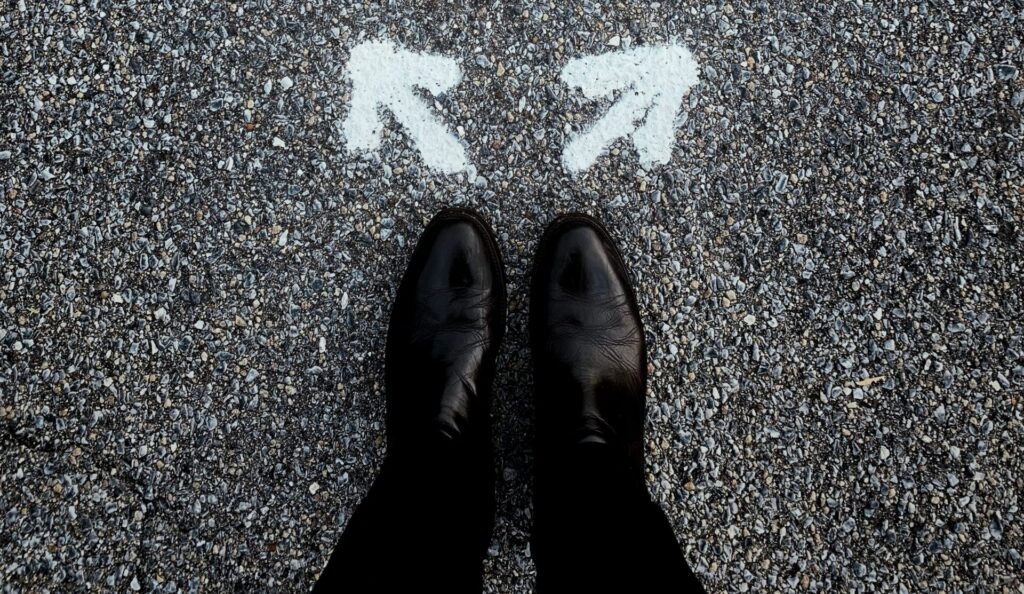Decision fatigue destroys is holding you back from greatness.
When you’ve committed to going to the gym, you don’t waste any time or energy deciding if you’re going to the gym.
When you have objectives for the next day, you can start working as soon as you sit down.

Decision fatigue is the silent killer of productivity. Every time you have to make a decision, a tiny bit of your energy is drained. Adults make around 35,000 conscious decisions everyday. Luckily the brain has a method of shielding us by creating routines that make many decisions unconscious.
For instance, most people don’t question whether they will shower or bathe in a given day. Or they didn’t before quarantine. You don’t decide to brush your teeth, you just do it every single day without thinking.
However, I’m not going to talk about routines today. No, step 0 in this process is eliminating choice. “How tyrannical of you!” You exclaim, aghast.
It is easier to commit to something 100% of the time than it is to commit 99%. Clayton Christensen first introduced me to the concept with his HBR article. One of the lessons of his story is that once you allow there to be one exception to your rule, each time you encounter a tempting choice, exceptions will become more and more common.
His example: He dedicates his Sundays to God. However, in his senior year of college, the championship basketball game was on a Sunday. Christensen, being a starting forward, told his coach that he would not be able to attend the game because of his commitment to god.

His coach and his team begged him to play to make just one exception. However, Christensen was steadfast and did not play in that game. He states in the article that he didn’t even allow himself to question it.
Obviously, there are a lot of ways to feel about that story, discard those for a moment. He didn’t allow himself to question his rule. Because if he made this exception, he would open the door to making exceptions any time something was enticing enough.
If he had even considered breaking his Sunday rule, he would have spent hours agonizing over the decision. He obviously missed out on a significant experience and risked the respect of his teammates. But he kept a commitment to himself and didn’t compromise his values.

Christensen’s actions demonstrate a key principle in essentialism. You have to say no to good opportunities to make room for the great ones. Despite what you think about his choice, you have to respect a person who can stick to their values.
Decisions aren’t easy when variables are constantly changing and when emotions can come into play. Precommitment can be a great source of help as you take comfort in the wisdom (and preparedness) of a less involved version of yourself.
This is why I advocate for quitting conditions because it does give room for flexibility, but it is predetermined by your most logical self. It allows you to commit 100% of the time.
Also I’m not saying that you will never need to reassess your values and systems. You are evolving constantly, as are your goals.
Comment below what choices you want to eliminate!
Click here to subscribe and get my best content right in your inbox!
